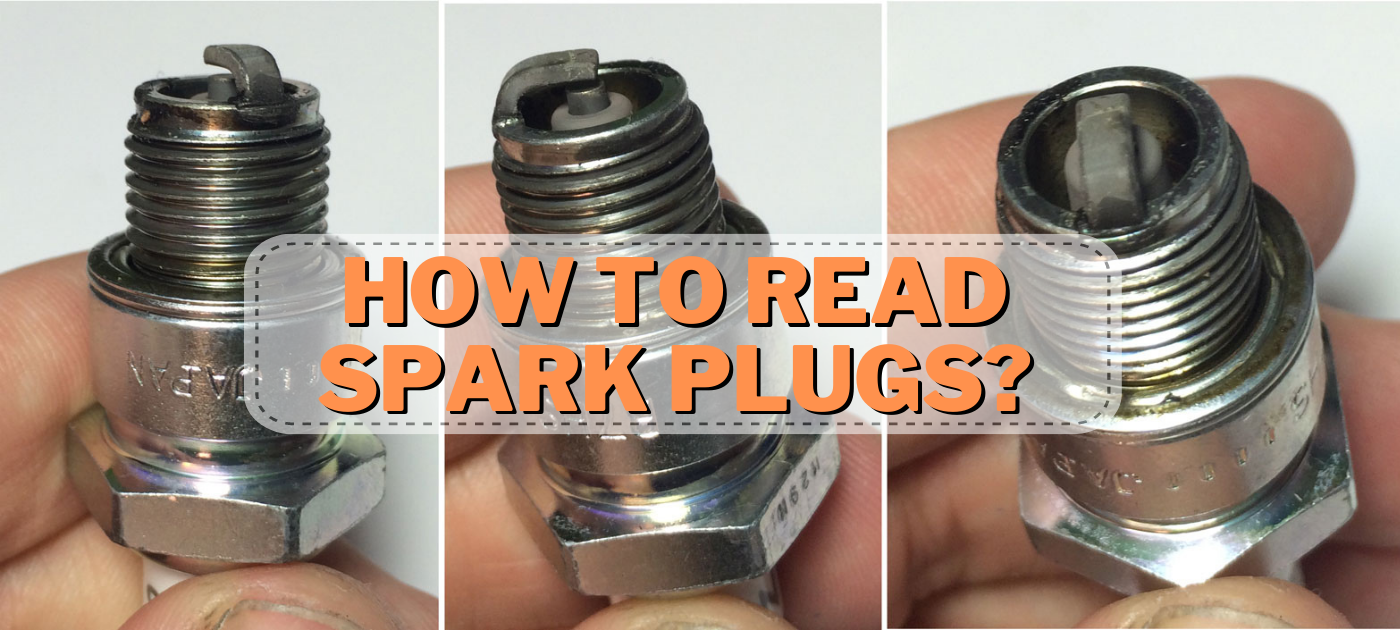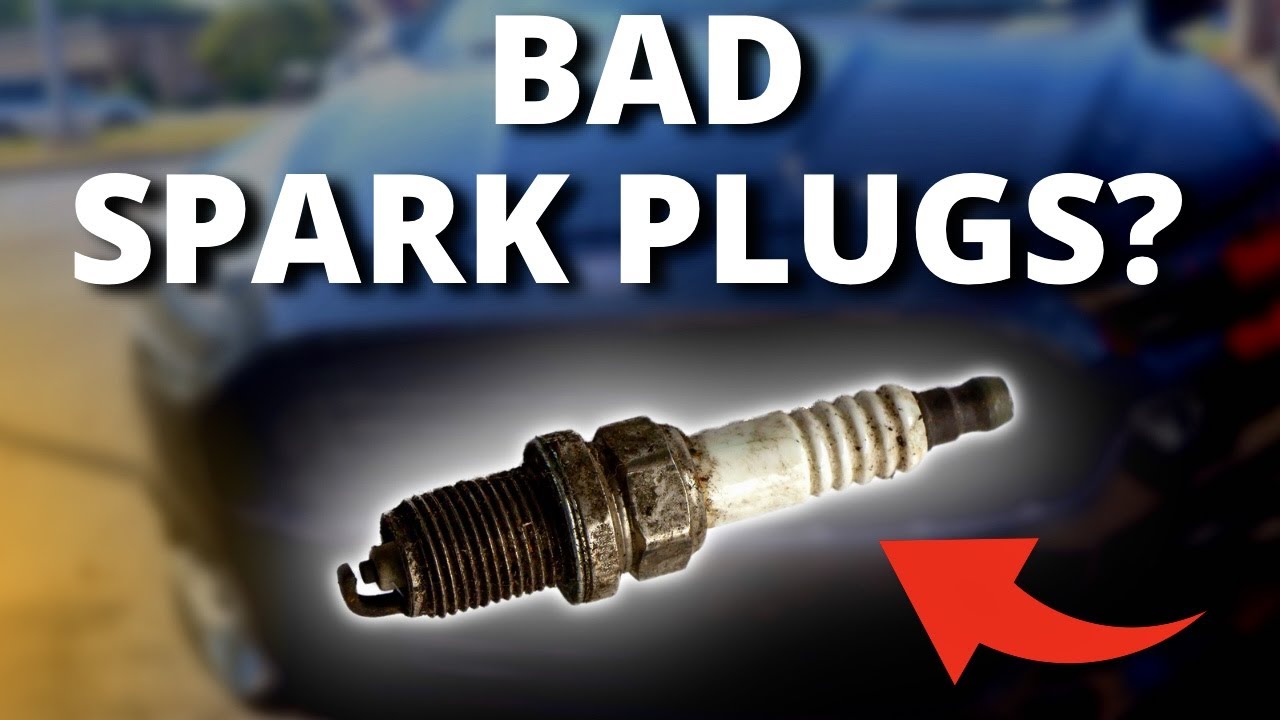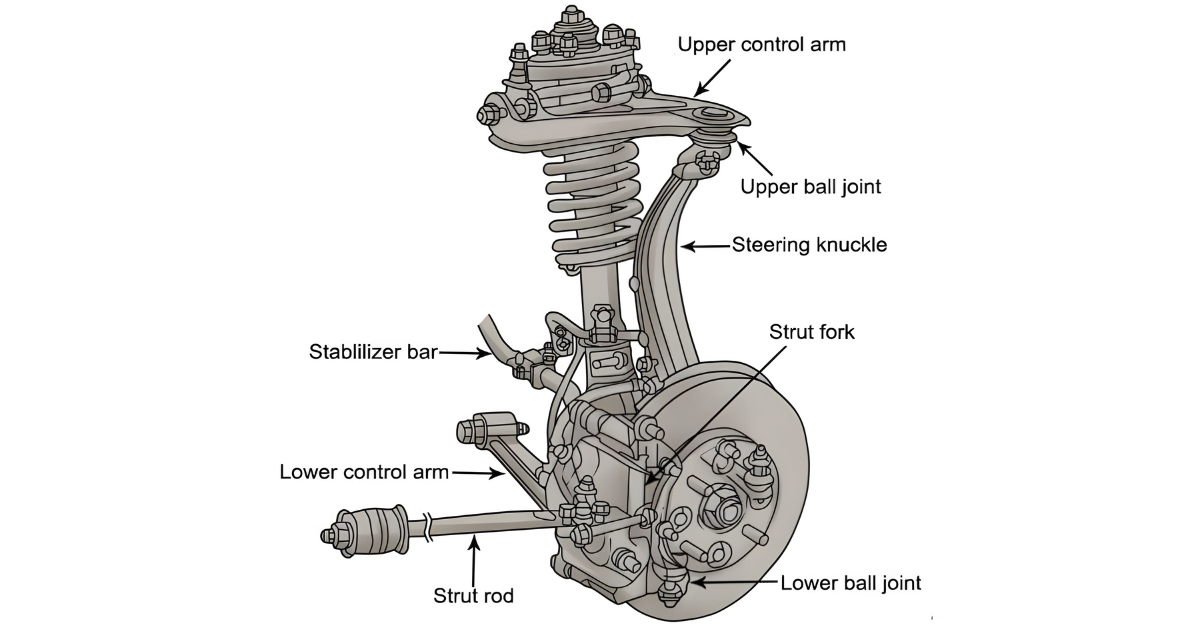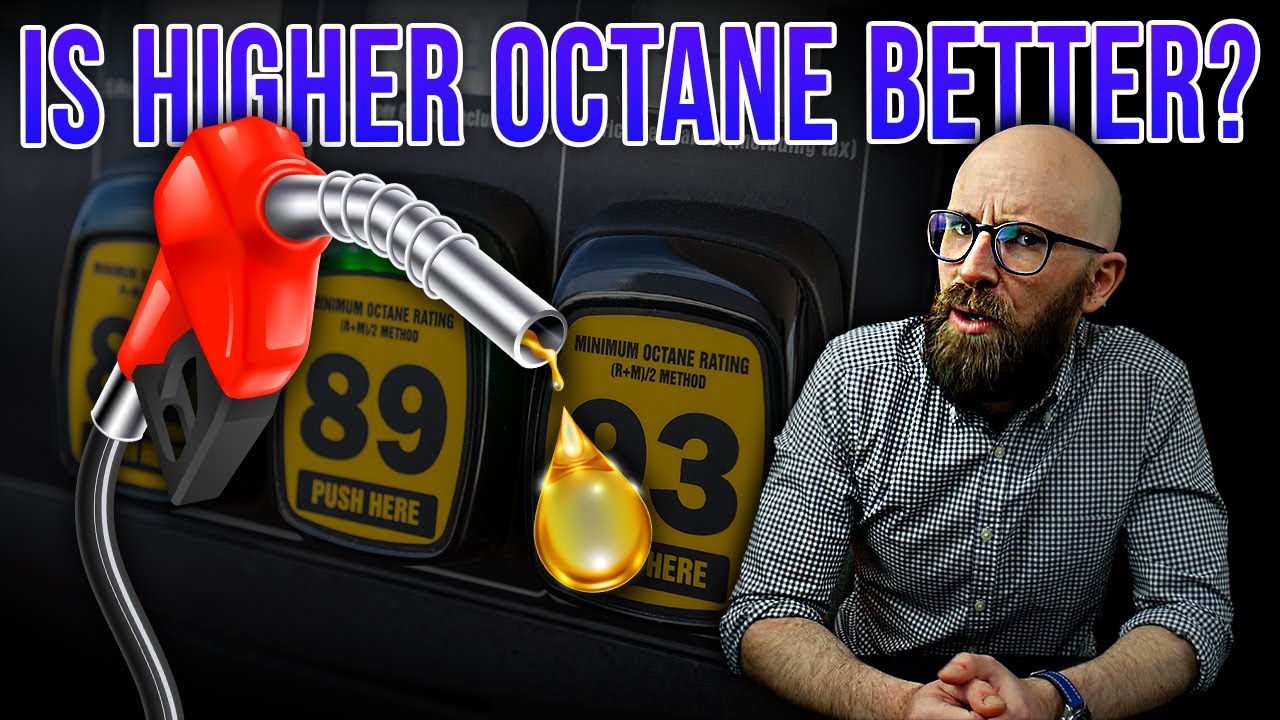Spark plugs are a crucial component of gasoline engines, responsible for igniting the air and fuel mixture that creates the explosive force that powers the engine. Over time, spark plugs can wear out and need to be replaced, and understanding the different types of spark plugs available can help ensure that you choose the right option for your engine.
Copper Spark Plugs: Conductivity vs. Durability
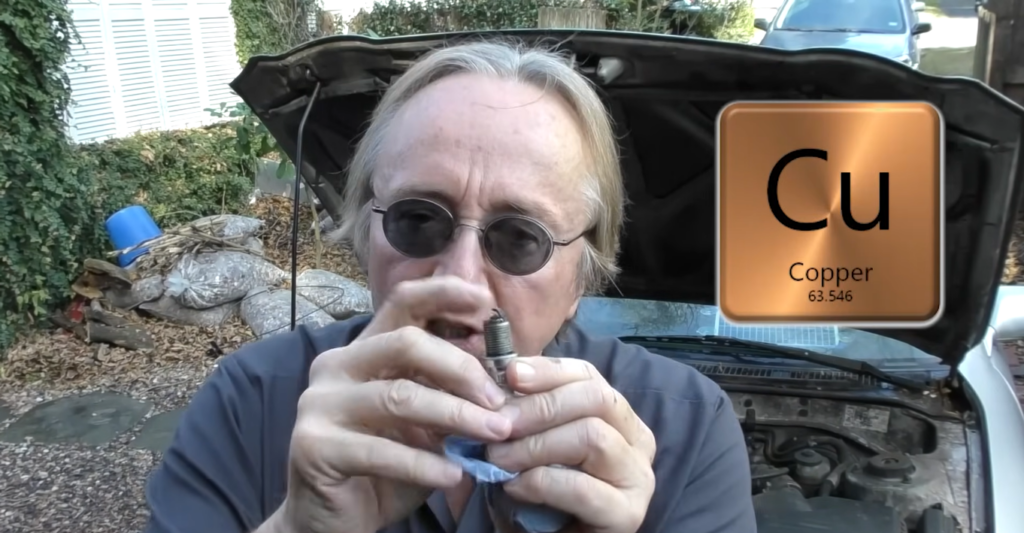
Copper spark plugs are lauded for their exceptional conductivity, efficiently transmitting electrical energy to ignite the air-fuel mixture. However, their soft composition leads to accelerated wear and tear, necessitating frequent replacement.
Early spark plugs were made of copper, which conducted electricity well but wore out quickly due to their soft composition. Copper spark plugs typically last for around 10,000 miles (16093.44 km) to 20,000 miles (32186.88 km), making them a less popular choice compared to other options.
While copper spark plugs offer affordability and decent performance, their short lifespan may deter those seeking long-term durability.
Platinum Spark Plugs: The Balance of Longevity and Performance
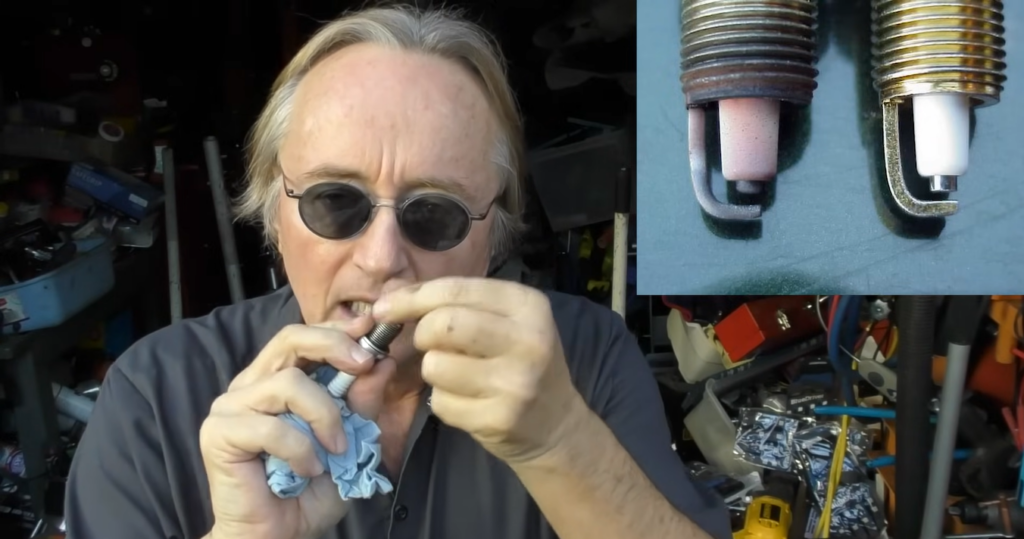
Constructed with platinum electrodes, these spark plugs excel in withstanding high temperatures and burning off deposits, ensuring sustained performance over an extended lifespan. While they may come at a higher cost than their copper counterparts, their durability and reliability make them a popular choice for discerning drivers.
Platinum spark plugs offer a longer lifespan than copper spark plugs, thanks to their harder edge that resists wear and tear. Platinum spark plugs can last for around 30,000 miles (48280.32 km) to 60,000 miles (96560.64 km), depending on the driving conditions and the specific engine. They also run hotter, which helps to burn off deposits and reduce the risk of fouling.
Iridium Spark Plugs: The Epitome of Endurance
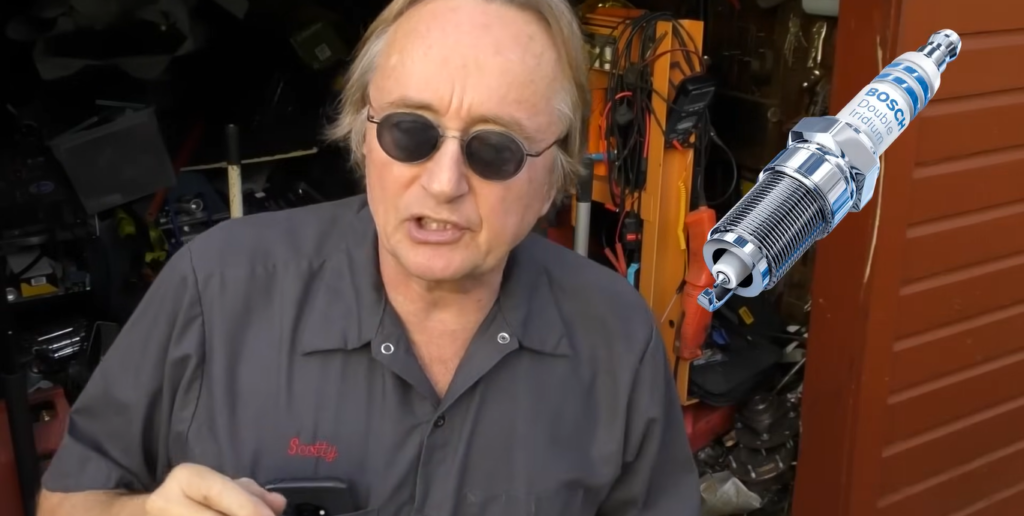
Iridium spark plugs are even harder and have a higher melting point, lasting an extremely long time. Many modern engines use iridium plugs due to the difficulty of accessing spark plugs in certain engine designs. Iridium spark plugs can last for up to 100,000 miles (160934.4 km), making them a popular choice for drivers who want a low-maintenance option.
With lifespans exceeding 200,000 miles (321868.8 km) in some cases, iridium spark plugs offer a level of endurance that surpasses both copper and platinum variants. Their robust construction and superior performance make them a staple in modern engines, particularly those where accessibility for maintenance proves challenging.
Upgrading to Iridium Spark Plugs
Upgrading to iridium spark plugs can provide longer life without affecting horsepower or gas mileage. However, it is important to stick with stock spark plugs or upgrade to iridium plugs if they fit your engine; avoid spark plugs that claim to boost horsepower and gas mileage, as these claims are often exaggerated.
Replacing Spark Plugs
When replacing spark plugs, it is crucial to ensure the correct size and length of threads to avoid engine damage. Always follow the manufacturer’s instructions and use high-quality tools to ensure a proper fit. If you are unsure about the process, it may be best to seek the help of a professional mechanic.
Conclusion: Choosing Wisely for Optimal Performance
Choosing the right spark plugs for your gasoline engine is essential for ensuring optimal performance and longevity. While platinum and iridium spark plugs offer a longer lifespan than copper spark plugs, it is important to consider the specific needs of your engine and driving conditions before making a decision.
By following the manufacturer’s recommendations and ensuring a proper fit, you can enjoy a smooth and reliable driving experience for years to come.

